Best Flea and Tick Prevention for Cats in 2025
Fleas and ticks are more than just annoying pests — they can cause serious health problems for your cat, including skin infections, allergies, and even anemia. Flea and tick prevention for cats is essential for keeping your feline friend comfortable, healthy, and parasite-free. Even indoor cats are at risk, especially if you have other pets or live in an area with a high flea population.

Signs Your Cat May Have Fleas or Ticks
It's crucial to catch infestations early. Common signs include excessive scratching, hair loss, flea dirt (small black specks), and red, irritated skin. You might also notice visible ticks attached to your cat's skin. If you see any of these symptoms, start with cat flea treatment options immediately.
Best Flea and Tick Prevention for Cats: Top Options
There are several effective solutions for cat flea and tick prevention. Your choice depends on your cat’s health, age, and environment. Below are the most trusted options:
1. Topical Treatments
These are spot-on solutions applied to the back of your cat’s neck. Products like Frontline and Revolution are highly rated and offer monthly protection. For more details, check out the best flea treatment for cats.
2. Flea Collars
Collars like Seresto offer long-lasting flea and tick protection, sometimes for up to 8 months. They're ideal if you prefer a low-maintenance option.
3. Oral Medications
Prescription oral tablets, such as Comfortis or Capstar, work quickly and can eliminate fleas within hours. These are especially useful for cats who don't tolerate topical solutions well.
4. Natural Prevention Methods
Some cat owners prefer natural flea treatments using ingredients like neem oil, apple cider vinegar, or essential oils (with caution). While not as potent as commercial products, these methods may help in low-risk environments.
Everything Our Vets Recommend
How to Apply Flea Prevention for Cats
Always follow the product instructions. For topical treatments, part your cat’s fur and apply the product directly to the skin at the base of the neck. With oral meds, monitor your cat afterward for any adverse reactions. Never use dog flea products on cats — they can be toxic.
Home and Environmental Flea Control
Even the best flea prevention for cats won't work if your home remains infested. Vacuum daily, wash your cat’s bedding, and use flea sprays or diatomaceous earth around the house. Treat other pets in your home as well.

When to See a Veterinarian
If your cat is still scratching after treatment, or shows signs of infection, anemia, or lethargy, consult your vet. They can recommend stronger medications or investigate possible allergies or other underlying conditions.
Everything Our Vets Recommend
FAQ - Best Flea and Tick Prevention for Cats in 2025
Q:What makes a flea and tick prevention product effective?
A:It should kill existing pests quickly and provide long-lasting protection.
Q:How often should I apply flea prevention for cats?
A:Most products require monthly application, but always follow label instructions.
Q:Are oral flea preventives safe for cats?
A:Yes, when prescribed by a veterinarian and given at the correct dosage.
Final Thoughts
Keeping your cat safe from parasites requires ongoing vigilance. By choosing the best flea and tick prevention for cats, you protect their health and well-being. Combine this with regular grooming and home hygiene for the best results.
You May Like:
- The Cat Flea Control Trick Most Vets Rarely Talk About
- The Ultimate 2025 Guide to Choosing a Flea Comb for Cats
- Cat Flea Tick Control Tips for a Healthy and Happy Pet
- How to Get Rid of Fleas on Cats Fast? Owners Miss This
User Comments
Does flea treatment kill ear mites too?
Can dogs take human probiotics?
Can dogs have people probiotics safely?
Related Articles
View all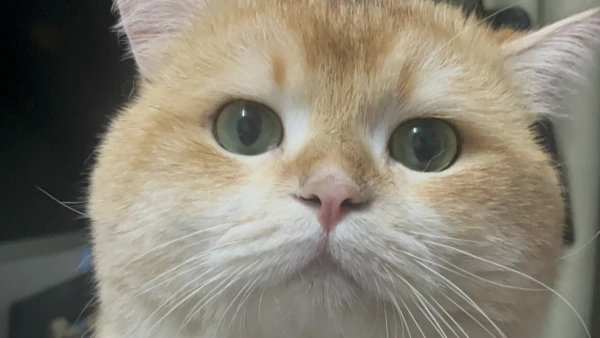
How Often Flea Treatment Cat? Most Owners Get This Wrong

How to Apply Flea Medicine on Cats: Beginner’s Guide

Best Cat Flea Spray for Cats in 2025: Vet Approved
Where to Put Flea Treatment on Cat: Updated 2025 Guide

How Often Flea Treatment Cat? Most Owners Get This Wrong

How to Apply Flea Medicine on Cats: Beginner’s Guide

Best Cat Flea Spray for Cats in 2025: Vet Approved

Where to Put Flea Treatment on Cat: Updated 2025 Guide
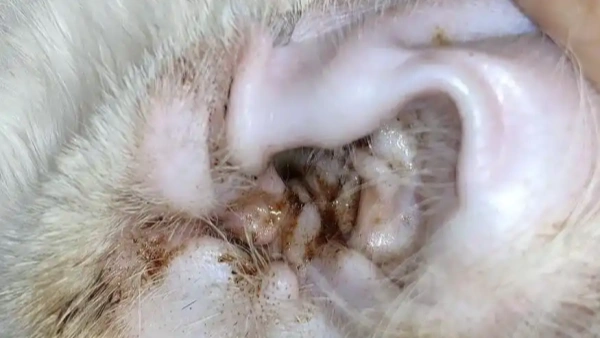
Best Flea and Ear Mite Treatment for Cats (2025 Review)

Safest Flea Prevention for Cats: A Complete 2025 Owner’s Guide

Flea Spray for Kittens: Best Options and Vet Advice 2025

Fleas on Newborn Kittens: Complete Treatment and Prevention


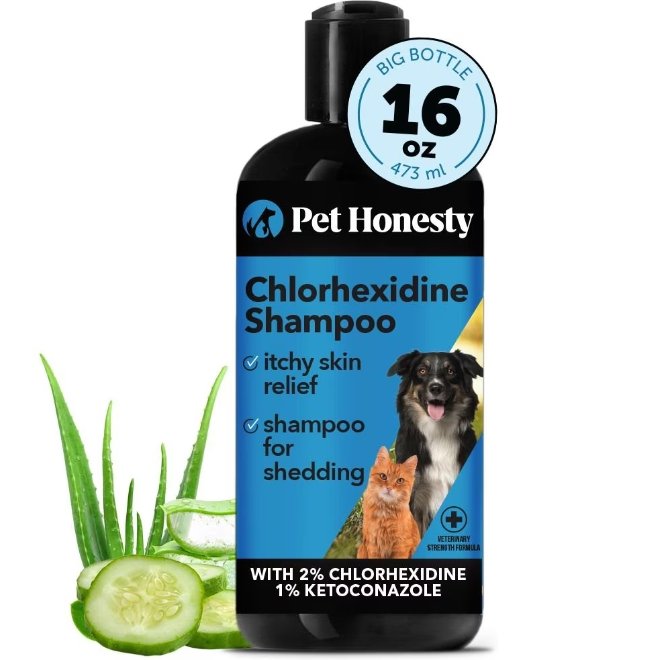


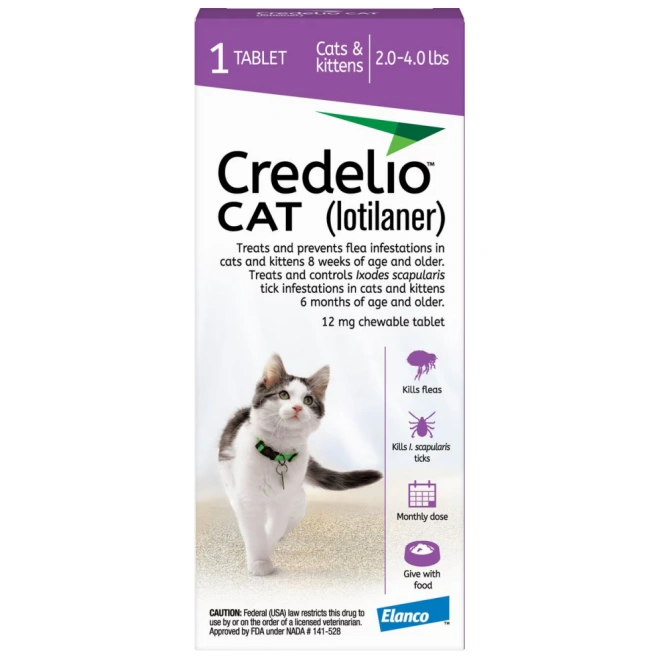
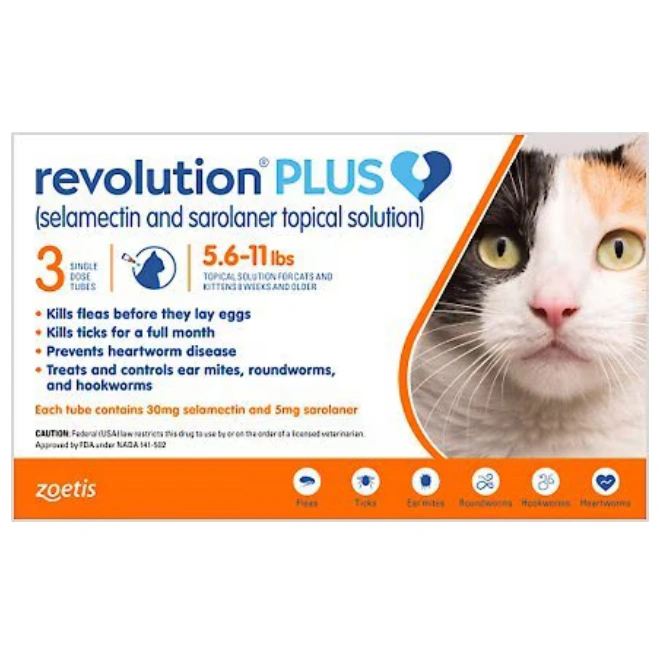
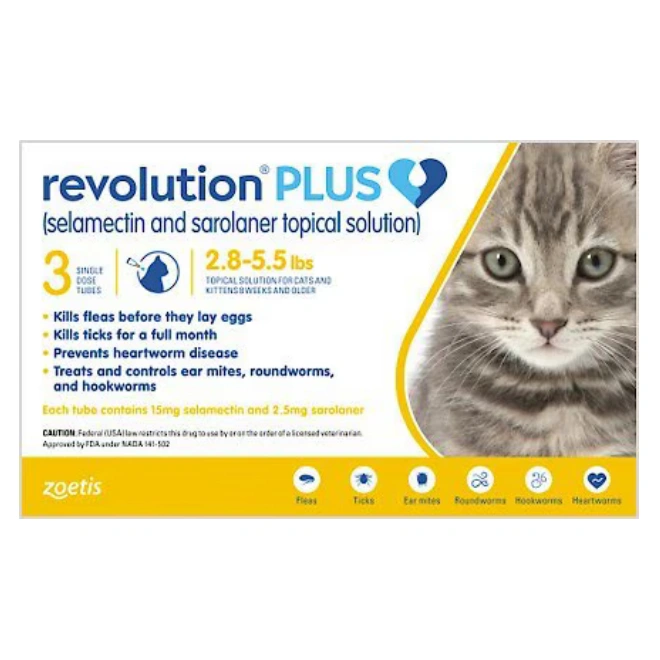








Leave a Reply